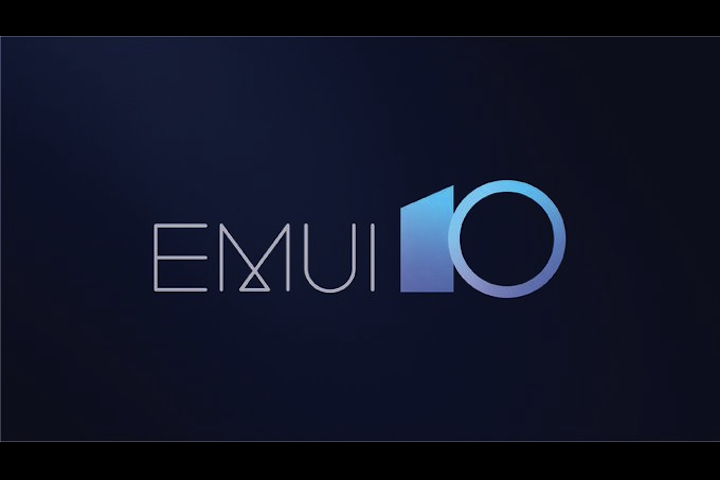

Chinese smartphone manufacturer Huawei has introduced EMUI 10, the next version of its mobile user interface, and it’s coming first to the Huawei P30 Pro as a beta in September 2019. What this means is that we will likely learn a lot more about EMUI 10 during the IFA technology show in Berlin at the start of September.
Google’s final public version of Android Q — on which EMUI 10 is based — will also be available around the same time.
Owners of the Huawei P30 Pro around the world will be able to download a beta version of EMUI 10 beginning on September 8. Following this, the Mate 20 series, including the Mate 20 Pro and the Porsche Design Mate 20 RS, are on the list for the new user interface. Also around this time, we expect the rumored Mate 30 and Mate 30 Pro smartphones to be announced, and to have the software already installed when they are released. The Mate 20 and Mate 20 Pro launched in October 2018, and both of them featured EMUI 9 over the top of Android 9 Pie, which had been finalized in August of that same year.
How about the features? Huawei hasn’t been forthcoming with many details yet, but translations from the presentation (which was given in Chinese) tell us to be on the lookout for a new, colorful always-on display, a new magazine unlock feature, screen sharing, updates to EMUI’s Desktop mode, and automotive screen integration. Before the announcement, an examination of promotional material used for EMUI 10 suggested there will be user interface (UI) alterations, a new gallery feature, new themes and wallpapers, new fonts, and changes to video, game, and system animation.
Although Huawei is still in the midst of a battle with the United States government and is currently on the Entity List, which prevents U.S. companies from doing business with the Chinese company, Huawei has promised that Android Q — and therefore, most likely, EMUI 10 — will come to a long list of its phones. This includes the P30 Pro, the Mate 20 X 5G, and a variety of others, including several from Honor.
In addition to EMUI 10, Huawei has also announced its own HarmonyOS software platform.



